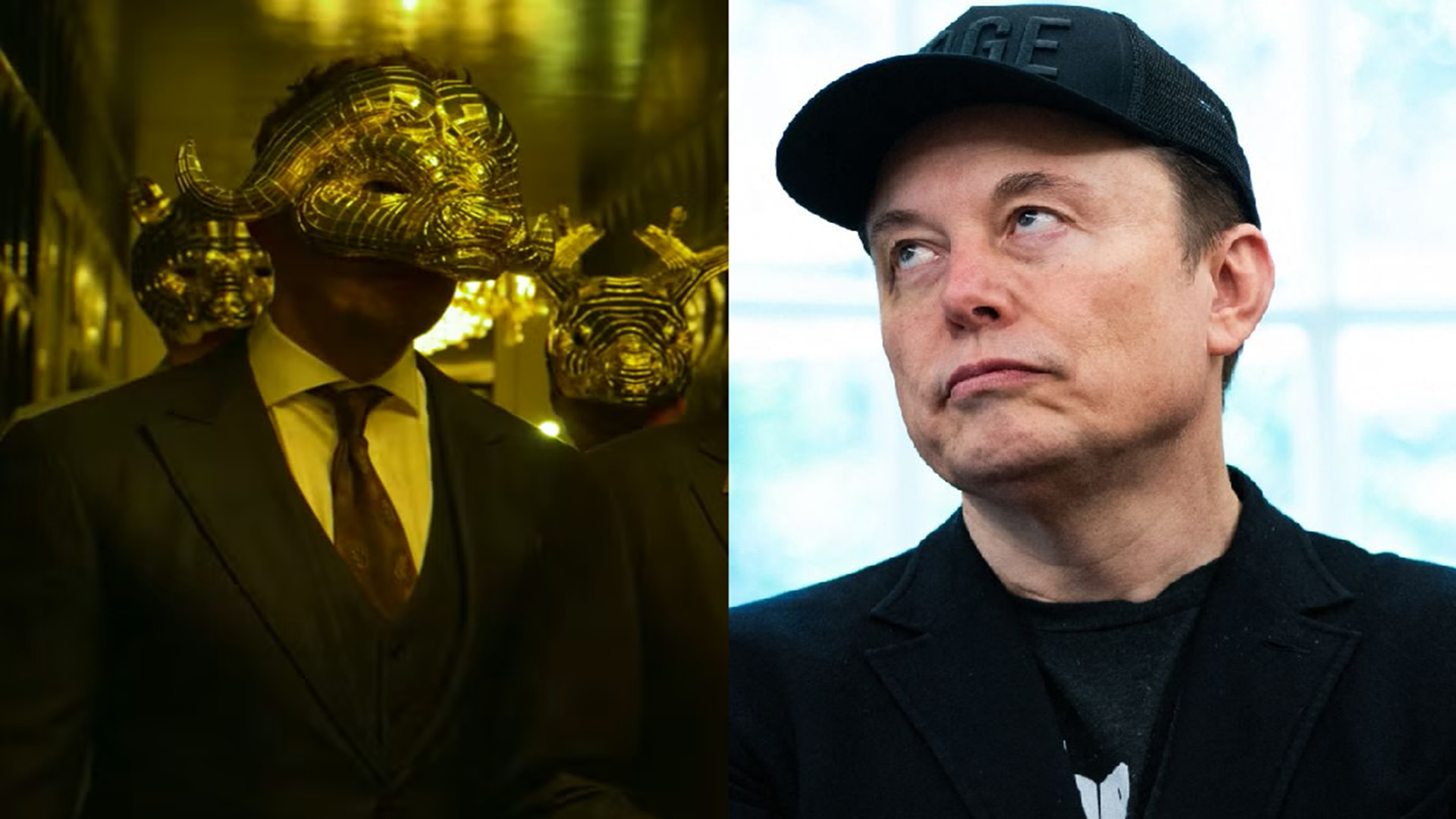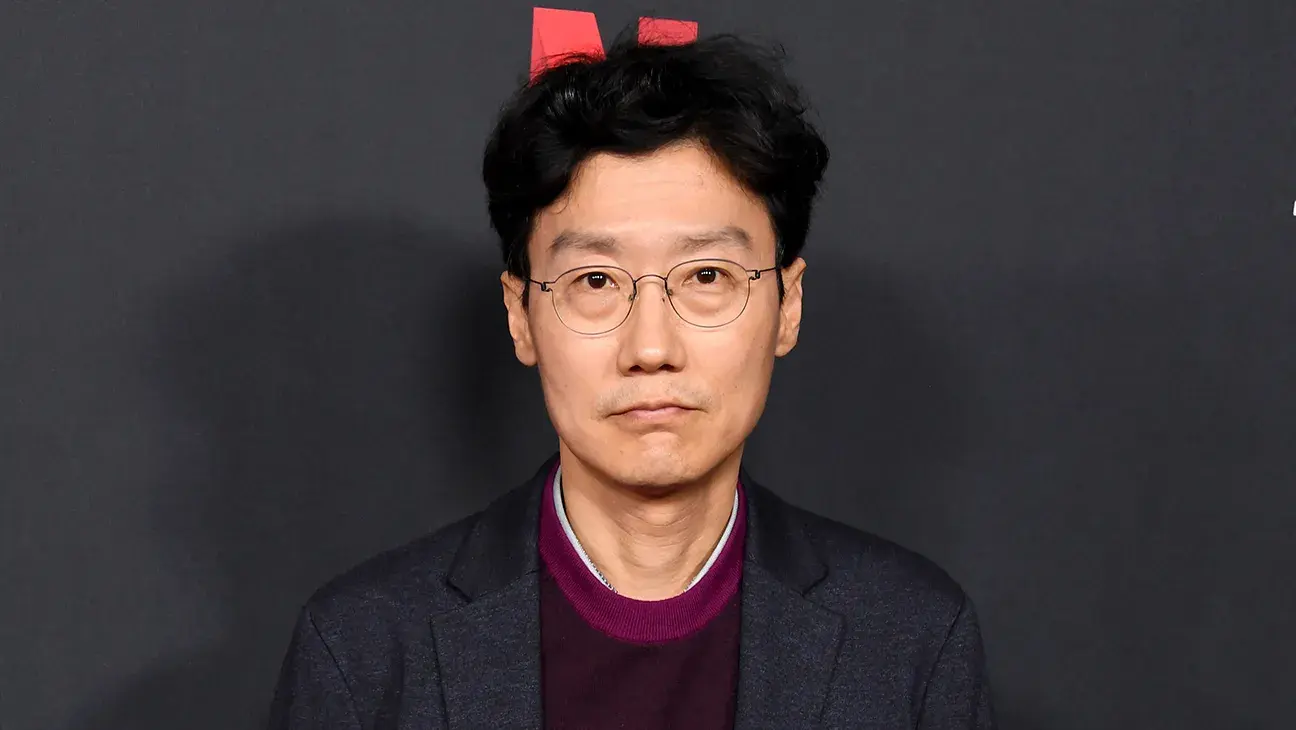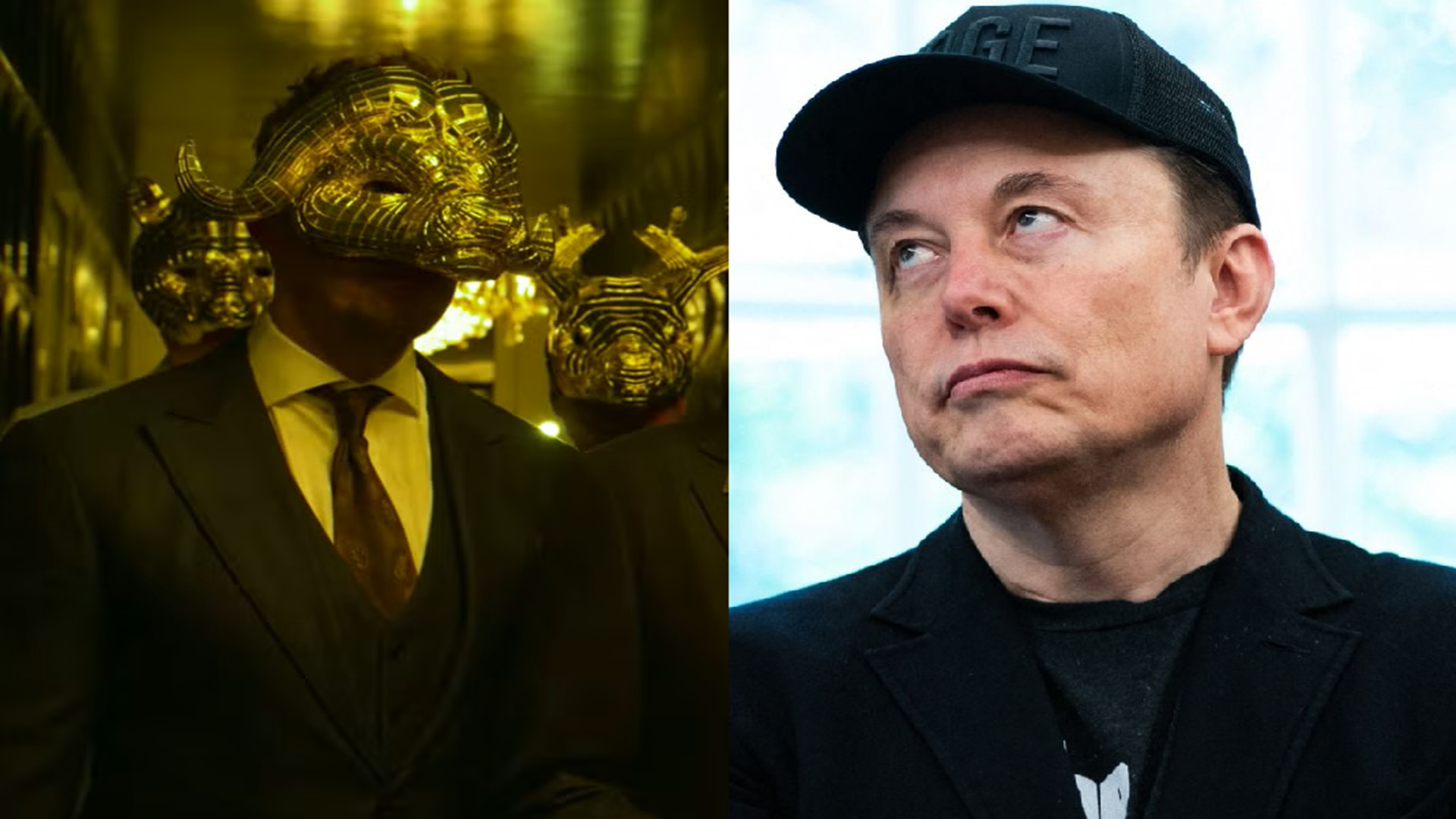Squid Game creator Hwang Dong-hyuk reveals how today’s bold, performative billionaires – like Elon Musk – mirror the show's masked puppet masters.

When Squid Game first premiered in 2021, it quickly became a global sensation – not just for its brutal dystopian storyline, but for its piercing critique of economic disparity and the unchecked power of the wealthy elite. As the series evolved, so did its villains, particularly the enigmatic “VIPs” – a shadowy group of ultra rich individuals who fund the deadly games purely for entertainment. With the conclusion of Season 3, Squid Game creator Hwang Dong-hyuk has finally shed light on the real-life inspirations behind these characters. One name stands out more than others: Elon Musk.
From Wealth To Warped Entertainment: The Rise Of The VIPs
In Season 1, the VIPs are introduced as grotesque caricatures of the ultra-wealthy. Hidden behind ornate masks and cloaked in anonymity, they fly in from around the world to watch desperate contestants fight to the death – just for sport. Their dialogue is laced with indifference and cruelty, and their presence sends a chilling message: this is how power looks when it loses all sense of empathy.
By Season 3, the series took an even darker turn. No longer content to sit in gilded viewing rooms, some VIPs actually enter the game arena in disguise, eliminating players themselves while wearing pink guard uniforms. It’s a symbolic escalation – a shift from passive voyeurs to active executioners. This evolution, according to Hwang, mirrors how real-world elites are no longer satisfied with pulling strings from the shadows. They now want to be seen, heard, and admired, even while perpetuating suffering.
Hwang Dong-hyuk: The Man Behind The Mask
In an interview with Time, Hwang shared his observations about today’s ruling class and their influence on the Squid Game narrative. “In the past, those who controlled the system stayed hidden, like an invisible hand. Now, especially in the U.S., they take off the mask and say, ‘We’re the ones in charge,’” he said.
He specifically called out tech billionaires who not only wield financial power but also play an outsized role in politics, media, and cultural discourse. Elon Musk, in particular, became a figure that Hwang couldn’t ignore.
“Elon Musk is everywhere these days,” Hwang remarked. “Not only is he the head of a massive tech company that seems to shape the future, but he’s also a showman. After writing Season 3, I realized some of the VIPs kind of resemble him.”

Elon Musk: The Real-Life VIP?
While no Squid Game character is based on a real individual, the similarities between Musk and the fictional VIPs are hard to dismiss. Musk is one of the wealthiest people on the planet, the head of multiple high-profile companies – Tesla, SpaceX, X (formerly Twitter) – and a cultural lightning rod. He’s known for provocative public statements, meme-worthy antics, and a persona that blurs the lines between genius innovator and chaotic ringmaster.
He has openly supported political candidates, influenced global markets with single tweets, and positioned himself as a visionary guiding humanity toward Mars – while also laying off thousands of workers, clashing with labor unions, and drawing criticism for allegedly fostering a toxic work environment. This duality – savior and destroyer – echoes the twisted logic of the VIPs in Squid Game, who justify their actions through a distorted lens of meritocracy and entertainment.
Billionaires Without Borders
Hwang’s critique extends beyond Musk. He’s also drawn parallels between the VIPs and former U.S. President Donald Trump, noting the shared characteristics of flamboyant self-promotion, wealth-driven power, and indifference to consequences. The broader commentary is clear: modern oligarchs are no longer hiding. They’re branding themselves, building empires in plain sight, and inviting the public to watch.
In Squid Game, the VIPs wear masks. In real life, today’s billionaires wear brands.
One of the most telling details about the VIPs is their love of spectacle. They don’t just control the game – they need to be entertained by it. This fixation on performance mirrors Musk’s own flair for drama. Whether it’s launching a Tesla Roadster into space, changing the logo of a major social media platform overnight, or participating in polarizing interviews, Musk doesn’t shy away from the limelight. He cultivates it.
This performative control – the idea that power must be both seen and felt – is at the heart of both Musk’s public persona and the VIPs’ twisted morality. It’s not enough to be powerful. One must be perceived as powerful.
A Mirror, Not A Portrait
Is Elon Musk the VIP of Squid Game? Not exactly. But as Hwang Dong-hyuk has made clear, Musk embodies the traits that inspired the creation of these villains: immense wealth, outsized influence, and an eagerness to be the center of attention – even in the darkest of spectacles.
Ultimately, the VIPs are not about one man. They are about a system where power is no longer hidden but flaunted, where the line between reality and entertainment is blurred, and where the rich don’t just watch the games – they run them.
As Squid Game forces us to confront the cruelty of inequality, it also invites us to ask a chilling question: when the mask comes off, do we recognize the face?


































